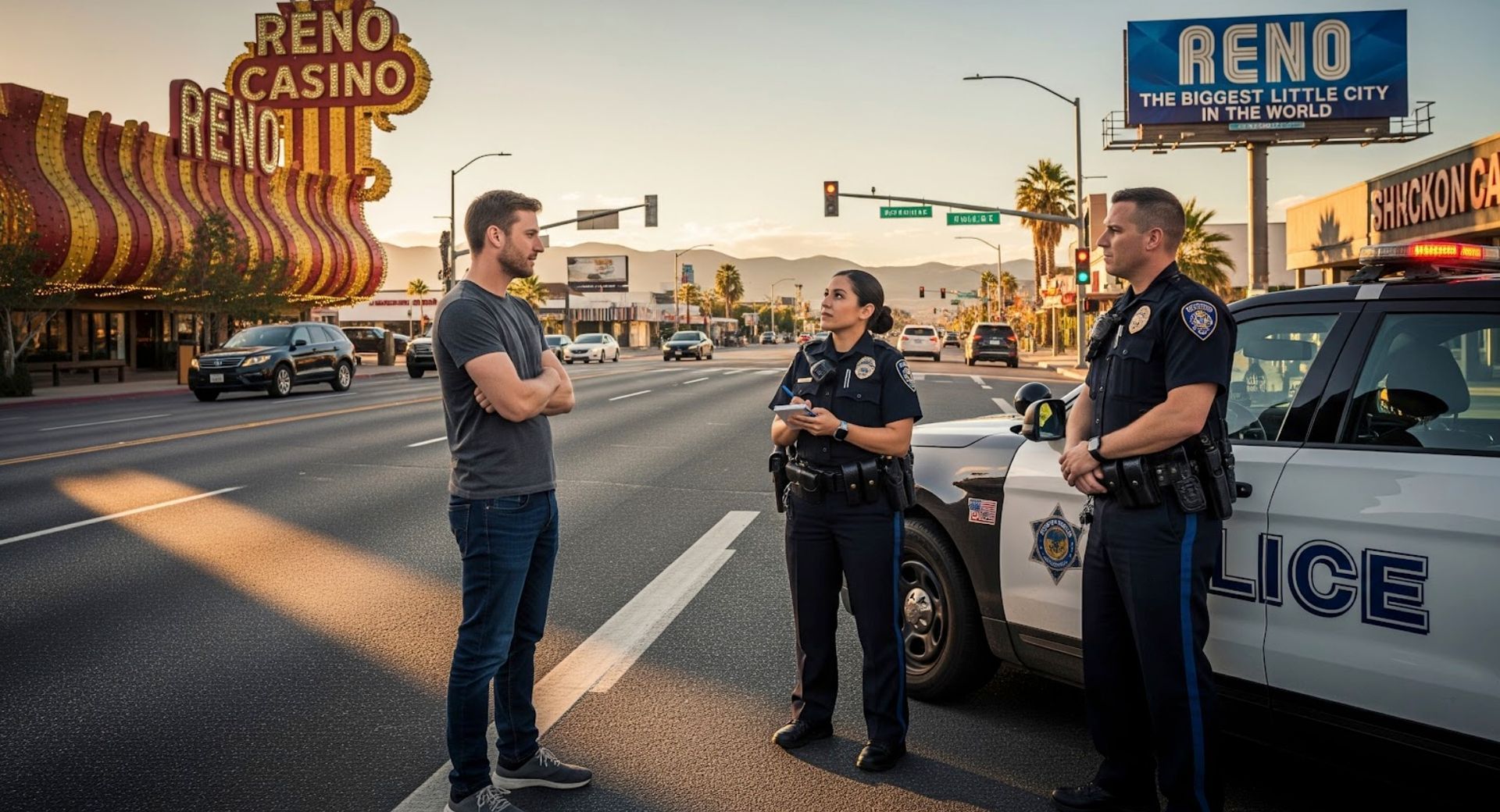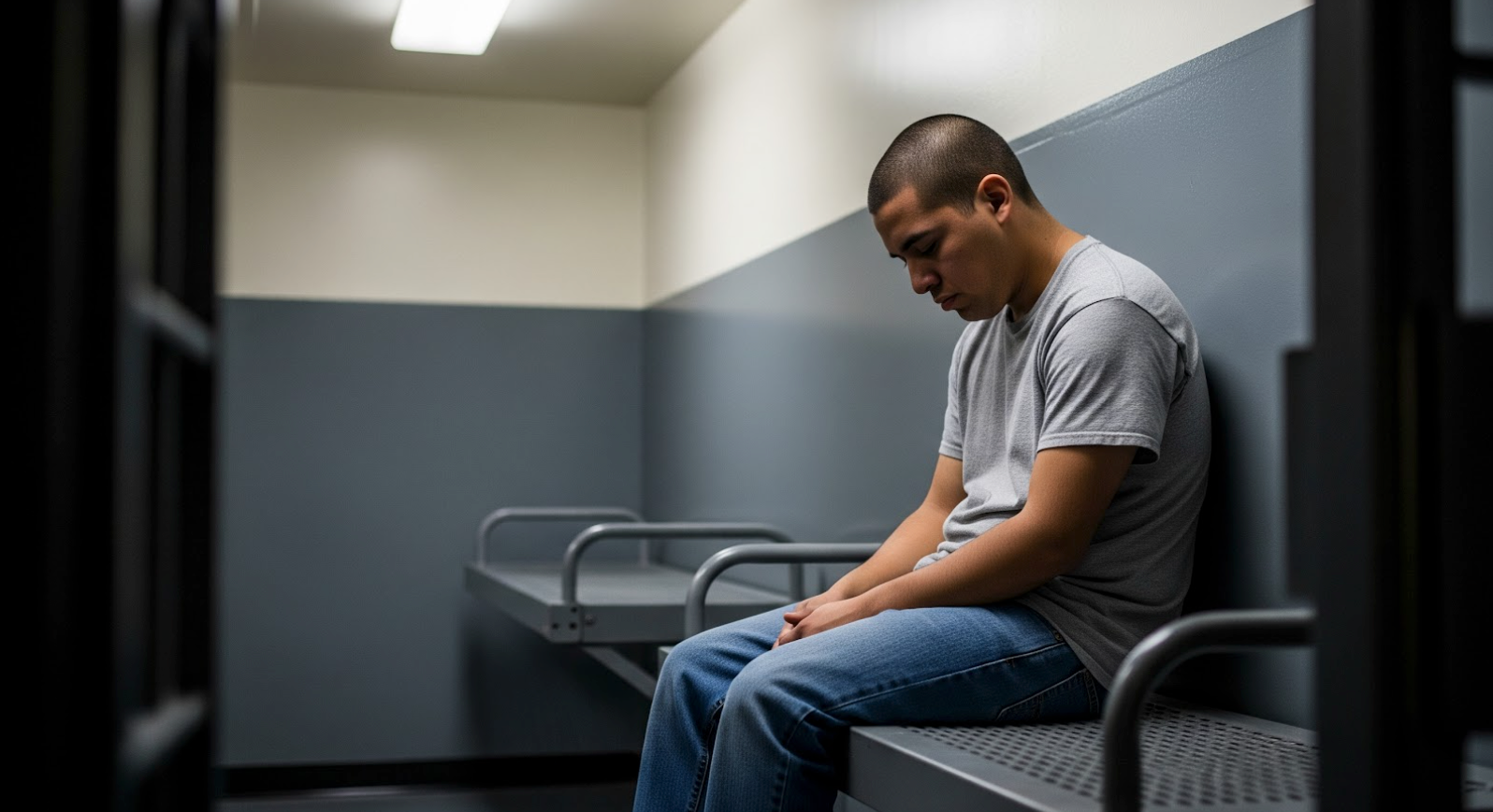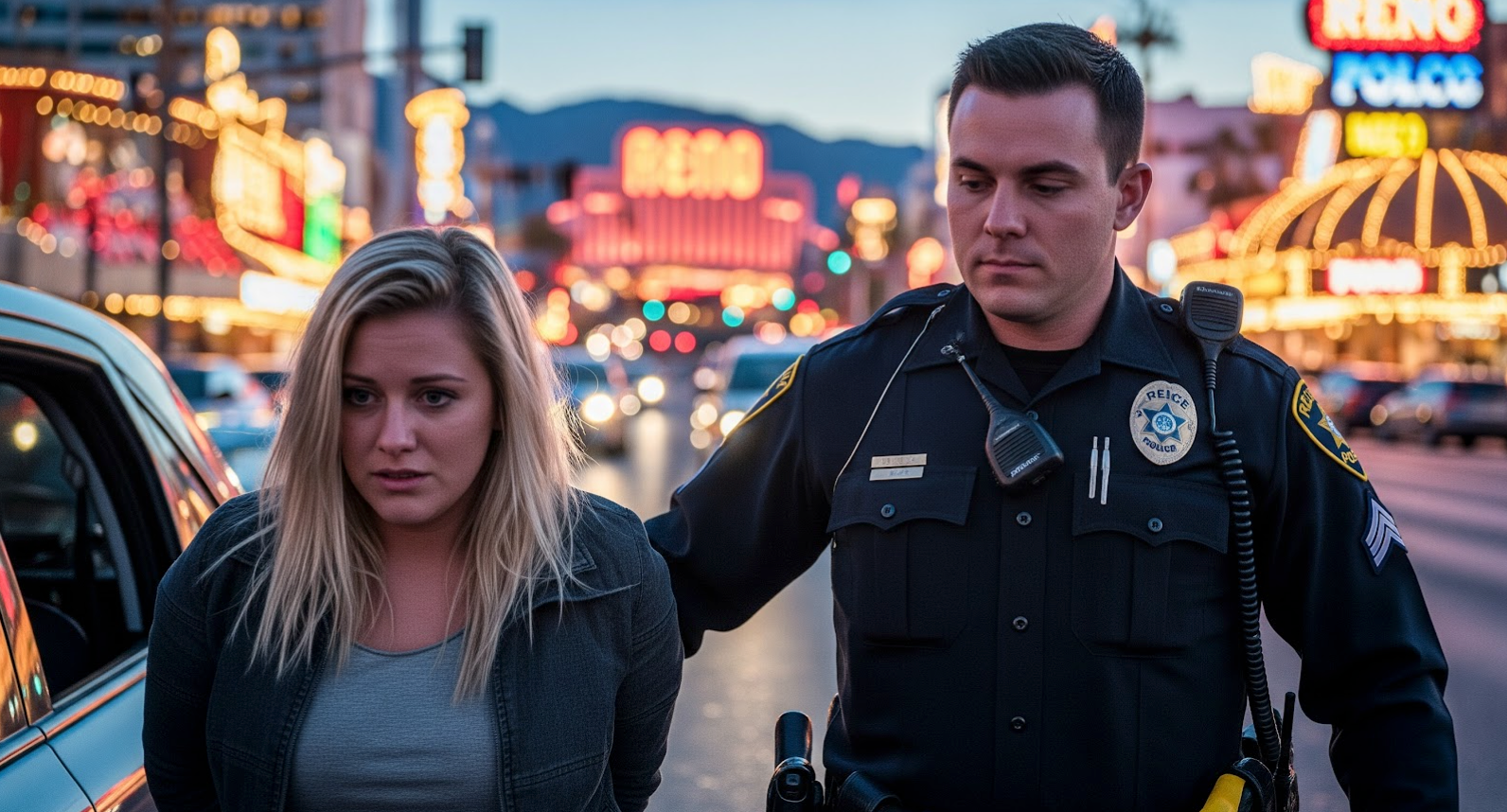New Nevada Laws and Penalties for Use and Possession of a Controlled Substance

New Laws Pertaining to Use and Possession of a Controlled Substance Took Effect July 1, 2020
Stopping the unlawful use and possession of controlled substances is nothing new for law enforcement. It has been a costly mission for police to pursue. It has also financially overburdened the state’s penal system. The old laws punished repeat offenders with harsher and harsher sentences. This has made the incarceration rate skyrocket over the past 4 decades. In response to these growing concerns, Governor Steve Sisolak signed AB236 into law.
This unprecedented step in criminal justice reform was aimed at minimizing recidivism and saving the state of Nevada $550 million dollars in prison costs over the next decade. One of the ways it aims to do this is by reclassifying the categories for the unlawful use of controlled substances and the unlawful possession of controlled substances.
New Law Pertaining to Unlawful Use of Controlled Substances Schedule I, II, III, IV, and V
According to NRS 453.411 , it is unlawful for a person to knowingly use or be under the influence of a controlled substance except in accordance with a lawfully issued prescription. Under the pre-existing laws any person caught under the influence of a DEA schedule I, II, III, or IV controlled substance was charged with a Category E felony. If convicted, a Category E felony has a sentencing guideline of one to four years in prison. Any person caught under the influence of a DEA schedule V controlled substance was charged with a gross misdemeanor. If convicted of a gross misdemeanor, a person could serve up to a year in jail and/or pay up to a $2,000 fine.
New NRS 453.411 treats anyone charged with being under the influence of a controlled substance as a misdemeanor, regardless of the DEA schedule. If convicted of a misdemeanor, the sentence for a person can vary from community service to mandatory participation in a drug rehabilitation program. Rarely is there jail time if convicted of a misdemeanor, like this. The minimum penalty for a misdemeanor is 6 months in jail and/or a fine of $1,000.
New Law Pertaining to Unlawful Possession of Controlled Substances Not for Sale Schedule I, II, III, IV, and V
The biggest criminal justice reform in AB236 was the law pertaining to unlawful possession of controlled substances not for sale. Under the pre-existing law, a first and second offense for a person caught in possession of a DEA schedule I, II, III, IV, or V drug was prosecuted as a Category E felony, and a third offense was prosecuted as a Category D felony. If convicted, a person could have served one to four years and pay a fine up to $5,000.
Under the new NRS 453.336 , there are now low-level, middle-level, and high-level unlawful possession of controlled substances. Each level is based on the DEA schedule and amount of the controlled substance. For a first or second offense, if the controlled substance is listed in schedule I or II and the quantity possessed is less than fourteen grams or if the controlled substance is listed in schedule III, IV or V and the quantity possessed is less than twenty-eight grams, a person will be charged with a Category E felony. Previously four to 14 grams was considered “drug trafficking” and was a Category B felony with a mandatory prison sentence of one to six years. 14-28 grams was a Category B felony with a mandatory 2 to 15 years of prison. Lastly, any amount over 28 grams (or one ounce) was a Category A felony and carried either 10-25 years or 10 to life in prison.
However, according to NRS 176.211 , the court will defer judgment of possession of less than 14 grams upon the consent of the person. That means, if a person is charged with possession of less than 14 grams of a controlled substance, they receive mandatory diversion. This is a legal term that means the sentence will be suspended pending the completion of drug rehabilitation classes or programs. If successful, the case gets dismissed and even sealed. A third offense of a low-level unlawful possession of controlled substances is still charged as a Category D felony but can carry up to a $20,000 fine.
For a first or second offense of low level unlawful possession of a controlled substance, a person will be charged with a Category C felony. This occurs if the controlled substance is listed in schedule I or II and the quantity possessed is fourteen grams or more but less than twenty-eight grams, or if the controlled substance is listed in schedule III, IV or V and the quantity possessed is twenty-eight grams or more but less than two hundred grams.
The mid level unlawful possession of a controlled substance is charged when the amount is 28-42 grams of a schedule I or II drug or 28-200 grams of a schedule III, IV, or V drug. This will be a Category B felony, punishable by one to 10 years in prison and a fine up to $50,000.
The high level unlawful possession of controlled substances carries the most severe punishment and is tried as a Category B felony for a first or second offense. A person is charged with this crime if the controlled substance is listed in schedule I or II and the quantity possessed is forty-two grams or more but less than one hundred grams. If convicted, a person can serve two to fifteen years in prison and pay a fine of up to $50,000.
Jesse Kalter Understands the New Unlawful Use and Possession of Controlled Substance Laws
Use and possession of controlled substances are charges that prosecutors and judges take very seriously. In an effort to clean up the streets of Nevada, they are prepared to ask for and pass down the tough sentences for these crimes. Even though AB236 was written to reduce the number of inmates, prison time is often still a possibility. To attain the best possible outcome for unlawful use or possession of a controlled substance it is recommended to hire a skilled and experienced criminal defense attorney. Jesse Kalter is an experienced lawyer who holds a successful track record of not-guilty verdicts and getting cases completely dismissed or reduced. He is available to serve Reno , Sparks , Carson City, Fallon, Fernley, Dayton, Yerington, Douglas County, and all other Northern NV rural counties.
Don’t Face Use and Possession of Controlled Substances Charges Alone
Contact Jesse Kalter Today for a Confidential Case Evaluation and Consultation
CLICK HERE
to Contact Him Online or Call 775-331-3888
WHAT’S YOUR FREEDOM WORTH?®
The post New Nevada Laws and Penalties for Use and Possession of a Controlled Substance appeared first on Jesse Kalter Law.






